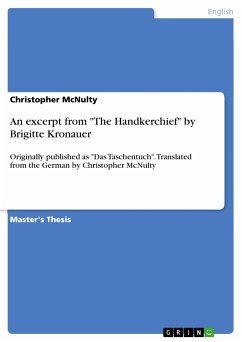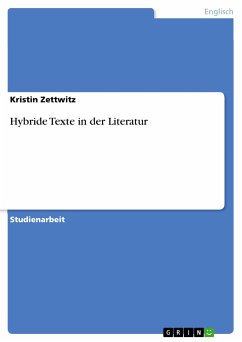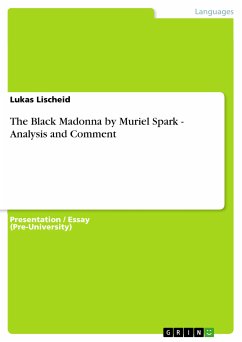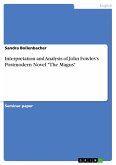Master's Thesis from the year 2019 in the subject English Language and Literature Studies - Literature, grade: 1, University of Bristol, language: English, abstract: The German author Brigitte Kronauer’s fourth novel, Das Taschentuch, is a tragicomedy about the old-fashioned pharmacist Willi Wings, the narrator Irene Gartmann’s secret affections for him, and the complex situation in Germany following the ‘Wende’ or period of sociopolitical change that led to the fall of the Berlin Wall. Twenty-five years after the novel was first published in 1994, this dissertation provides an introduction to Kronauer and to Das Taschentuch, reviews the only known translation into English – a partial translation published by Jutta Ittner in 2009 – and sets out the purpose of and strategy for a new translation. Drawing on work by theorists Christiane Nord and Peter Newmark, this new translation aims to retain the author’s voice and sense of humour, to open up the source culture for the target language reader, and at the same time to provide an accessible text for all users. Some general challenges presented by the text – including linguistic differences between German and English, the contrasting treatment required for dialogue and narrative sections, and idiosyncrasies of Kronauer’s style – are addressed in an introductory analysis, together with strategies for resolving them. The translation itself, meanwhile, is accompanied by annotations which explain particular choices or highlight difficulties encountered during the translation process. This dissertation is intended to serve as a contribution to a greater understanding and appreciation of the work of Brigitte Kronauer, who sadly passed away during its preparation.








